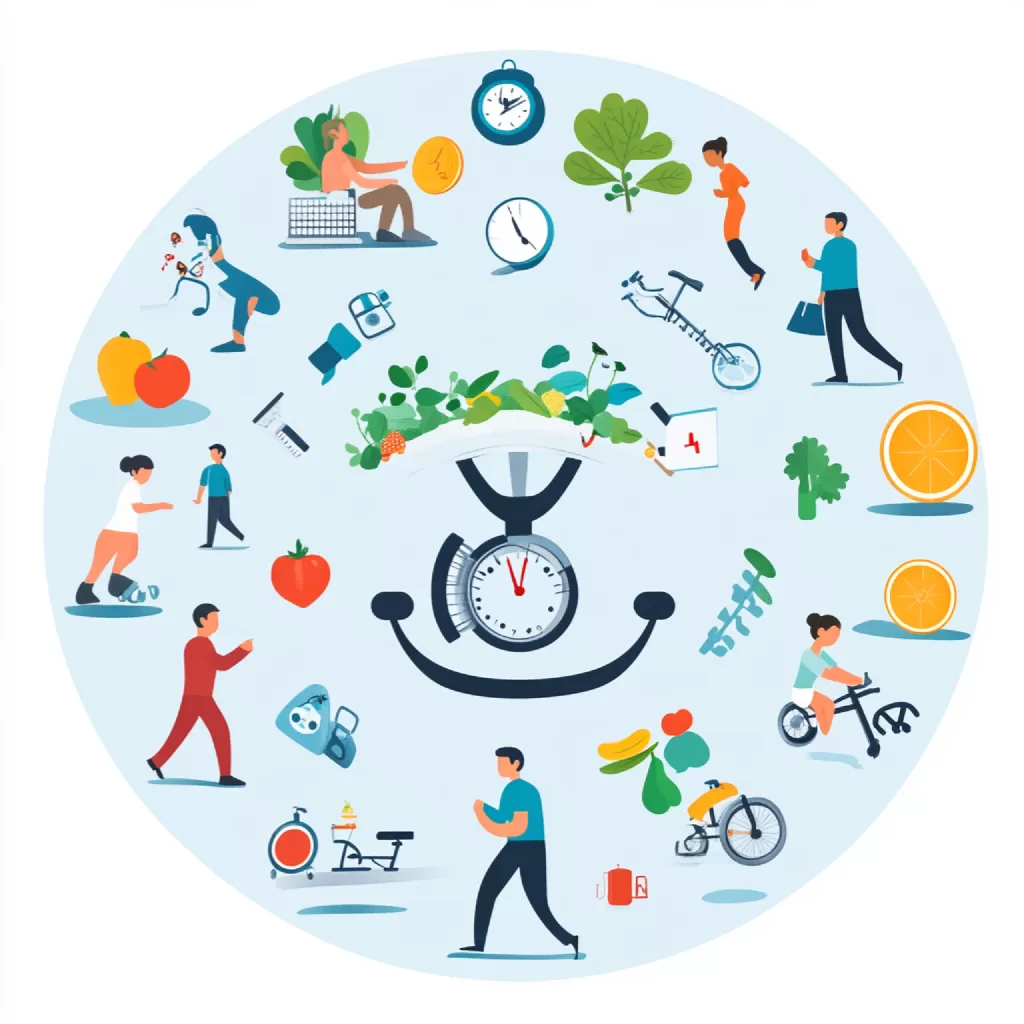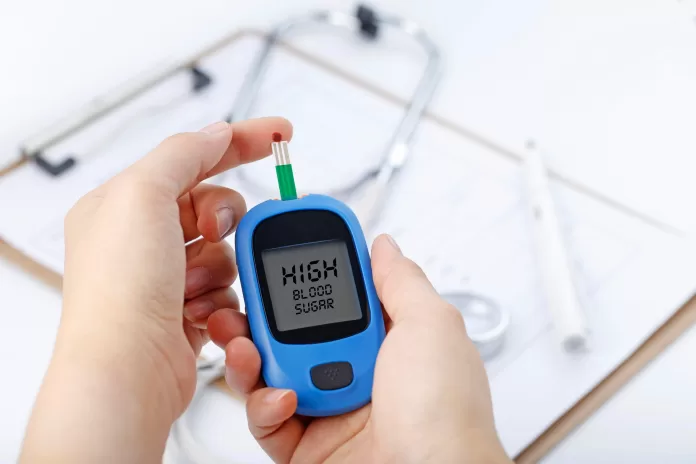Type 2 Diabetes is a chronic condition that affects the way the body processes blood sugar (glucose). For many individuals with Type 2 Diabetes, insulin therapy becomes a pivotal aspect of managing their condition. However, a common misconception persists that insulin use is a permanent solution for everyone. This blog aims to dispel this myth by exploring the dynamic role of insulin in diabetes management and highlighting how lifestyle changes can lead to a reduction or even cessation of insulin therapy in some cases.
Understanding Insulin and Its Role in Type 2 Diabetes
To grasp the role of insulin in Type 2 Diabetes, it’s essential to understand how this hormone functions. Insulin is produced by the pancreas and is vital for regulating blood glucose levels. It allows glucose to enter cells and be used for energy. In Type 2 Diabetes, the body’s cells become resistant to the effects of insulin, and the pancreas struggles to produce enough insulin to overcome this resistance, leading to elevated blood sugar levels.
Why Some People Use Insulin
Initially, Type 2 Diabetes can often be managed with oral medications or non-insulin injectables. However, for some individuals, these interventions may not be sufficient in controlling blood sugar levels. In such scenarios, insulin therapy becomes necessary. Factors like high blood sugar at diagnosis, longstanding diabetes, or severe metabolic dysfunction can prompt healthcare providers to prescribe insulin early on.
Insulin therapy can be life-saving, as it effectively reduces blood sugar levels and decreases the risk of diabetes-associated complications. Nonetheless, the introduction of insulin does not preclude the possibility of returning to oral medications or shedding insulin reliance altogether.
Emphasizing the Impact of Lifestyle Changes

The journey towards reducing insulin dependency or achieving better diabetes management without insulin heavily leans on lifestyle modifications. Consistent and sustainable changes in diet, exercise, and overall wellness can lead to significant improvements in insulin sensitivity, which can reduce, delay, or eliminate the need for insulin therapy.
Dietary Adjustments
A balanced diet rich in nutrients is critical for managing Type 2 Diabetes effectively. Emphasizing whole foods like fruits, vegetables, lean proteins, and whole grains can improve blood sugar control. Integrating foods with a low glycemic index, which slowly raise blood sugar levels, can contribute to this management. Additionally, portion control and timing meals to prevent spikes in glucose levels can further optimize insulin sensitivity.
The Importance of Physical Activity
Regular physical activity is a cornerstone in improving insulin sensitivity and glycemic control. Engaging in at least 150 minutes of moderate-intensity exercise per week has been shown to significantly impact blood sugar levels. Activities such as walking, swimming, cycling, or strength training can aid in weight loss, a key factor in reducing insulin resistance, and improving overall health.
Weight Management
Carrying excess weight is a major contributor to insulin resistance. As such, weight loss is often an effective strategy in reducing or eliminating the need for insulin therapy. For individuals with Type 2 Diabetes, a weight loss of 5-10% of their body weight can yield substantial health benefits, including improved blood glucose control, reduced blood pressure, and enhanced cholesterol levels.
The Role of Early Diagnosis and Intervention
Early diagnosis and timely intervention can significantly change the course of Type 2 Diabetes. Detecting the disease in its nascent stages allows individuals to implement lifestyle changes and treatment strategies before extensive damage to insulin-producing beta cells occurs. Early intervention can help in maintaining the pancreas’ capability to produce insulin, thus forestalling or avoiding the need for insulin therapy.
Managing Risks and Complications
Even with a diagnosis, it’s not just about managing blood sugar levels, but also about recognizing and mitigating potential complications. These include cardiovascular disease, neuropathy, retinopathy, and kidney damage. Comprehensive diabetes management involves regular monitoring, medication adherence, lifestyle adjustments, and frequent consultations with healthcare providers—all of which contribute to a better quality of life.
Exploring Alternative Treatments

While insulin remains a vital tool in managing Type 2 diabetes, many alternative medications and treatments can serve as adjunct or replacement therapies. Oral medications like Metformin or medications that affect insulin sensitivity and glucose uptake can suit some individuals effectively. GLP-1 receptor agonists, DPP-4 inhibitors, and SGLT2 inhibitors are other classes of drugs that work through various mechanisms to manage blood sugar levels.
Tailoring Treatment Plans
One of the keys to successful diabetes management is understanding that treatment plans are highly individualized. What works for one patient might not work for another. Therefore, regular consultations with healthcare providers to review and adjust treatment plans play a crucial role in optimizing outcomes. Lifestyle, severity of diabetes, life circumstances, and personal preferences are all considered in individualized treatment plans, enabling some individuals to successfully wean off insulin therapy with time and effort.
Conclusion: Take Control with HealthFunda
Understanding and addressing Type 2 Diabetes requires a multipronged approach. While insulin may be a temporary necessity for some, many successfully reduce or eliminate their reliance on insulin through lifestyle interventions and alternative treatments. Here at HealthFunda, we emphasize the power of awareness, education, and informed decision-making in managing health. Whether you’re newly diagnosed or have been living with diabetes for years, HealthFunda offers expert advice and resources aimed at empowering you to take control of your health. Visit HealthFunda.net for more detailed content on managing diabetes and other health concerns.


